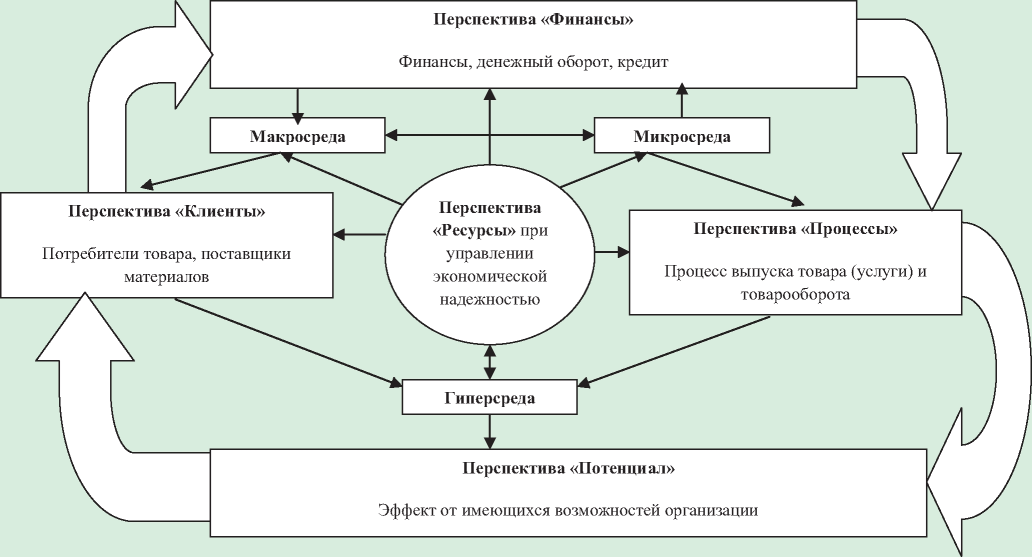НАУКА
Anti-crisis financial stabilization mechanisms are mainly based on the method of analyzing the financial condition of the organization, enabling it to assess the financial activities only in the dynamics of the past and what was then that led to the insolvent status and do not predict the financial status of the organization in the future. In modern conditions it is necessary to form a model of financial analysis aimed at the development of a dynamic analysis of the financial condition of the organization’s past, present and future.
In this paper we consider a model of analysis of financial development organization aimed at adequate prediction of the state, taking into account the possibilities and limitations of the legislation on insolvency (bankruptcy), including a system of indicators to provide the financial condition of the debtor in the post-crisis development.
ISSN 2618-9984 (Online)












































